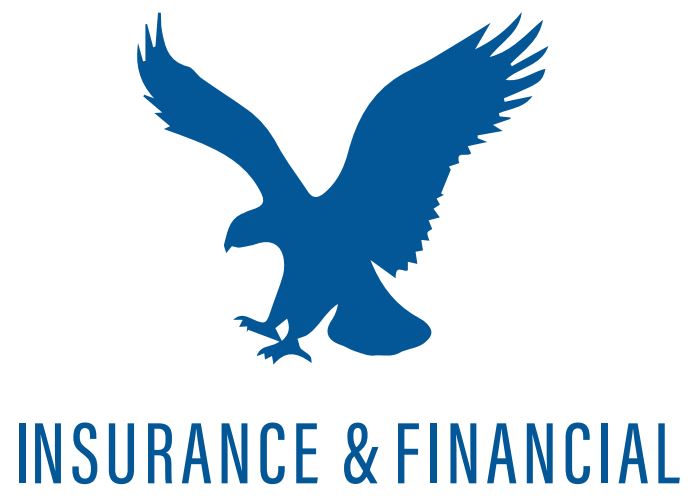Getting ready to move into a new apartment is exciting. However, every new rental brings a different set of challenges, and the last thing you want is an unnecessary surprise. Renting an apartment is an investment and should come with a lot of consideration. We’ve outlined some of our best tips for anyone who is in the apartment-hunting process.
1. Choose Between a Managed Property or Renting from a Landlord
There’s a big difference between the two, and both come with their pros and cons. Managed properties often provide tenants with additional amenities like onsite security and 24/7 call number in case of any issues with the apartment. However, they are pretty strict about contracts and usually have a minimum renters agreement term. Landlords, however, can provide some room for negotiation regarding rent, coverage, and length of a lease. Either option will give you a place to live, just make sure you pay close attention to the terms and conditions of each contract.
2. Searching for an Apartment
Technology is amazing, and it allows individuals the opportunity to stay up-to-date with information such as apartments available for rent. There are plenty of tools out there, but you’ll want to choose one that not only provides quality results but is safe. The top websites/apps for finding apartments are:
- Craigslist
- Zillow
- Tulia
- Hotpads
- PadMapper
Special note: avoid enquiring about properties without images. If the deal seems too good to be true, it probably is.
3. Securing The Apartment
Much like the housing market, specific areas are more in demand than others. When you start searching, you’ll want to make sure you are prepared for signing an application and putting down a deposit while you are looking at the properties. Most managed properties and landlords are looking to fill the vacancy as soon as possible, give yourself a couple of weeks to secure a place rather than searching months in advance. While it’s a pragmatic approach, you don’t want to end up losing out or paying two rents for one month.
4. Moving In
When you move in the first thing you’ll want to do is a walk through. If you are renting from a managed property, this is a non-negotiable step. However, if you are renting from a landlord, you’ll want to do this on your own if they don’t require this as part of the lease agreement. A walk through is taking inventory of the apartment’s condition upon moving in. The deposit you put down is there to cover any damages, but you don’t want to get stuck with being blamed for issues that are already there. You can achieve this by either completing a check-list (often imposed by managed properties) or taking pictures of each room.
5. Know Your Tenant Rights
As tenants, you have rights. Even if you sign a lease, there are state laws that overrule and protect you in certain situations. Each state provides different rules, but you can locate the renter rights in Tennessee online. It addresses how you can hold your landlord accountable if something were to go wrong. You’ll want to familiarize yourself with these rules, especially if this is your first time in a rented apartment.
6. Repairs for Your Rental Space
Your landlord is required to provide a space that is habitable for their tenants which includes working heat, A/C, water, electricity, and a structurally sound building. Additionally, it will be their obligation to replace and repair other aspects of the property such as loose tiles and broken appliances if it came with the property. Some aspects are not required by the landlord to cover. For instances, if you break a window, it will become your responsibility to fix the damages.
7. Be Honest About Your Pets
Whether you already have a pet or plan to get one later, you’ll want to be honest about having them. While you might ask yourself “who would know?” remember if you have any repairs to be completed, a managed property will send maintenance to come in and fix the issue. If you rent from a landlord, he/she might be making a house call themselves. You don’t want to be penalized with a fee or possible eviction by having a pet.
8. Keep Written Documentation
If there is an instance where you are asking your landlord for assistance regarding repairs, always follow up your conversation in writing. You can easily do this by sending an email. While most landlords aren’t out to scheme anyone (remember they need the property to be liveable to make money), you do want to protect yourself on the off chance you need to enforce it by law.
9. Upgrading Your Apartment
Most renters are prohibited from making upgrades, but those who rent a house or apartment from a landlord might have more flexibility. Before replacing fixtures and painting walls, you’ll want to discuss what options are available for an upgrade. Depending on what you are inquiring about, it’s possible your landlord might be willing to pay for them.
10. Get Renters Insurance
Obtaining renters insurance is one of the smartest things you can do for yourself. On the off chance, you are at fault for damages; renters insurance will help cover the costs. Many policies are comprehensive giving the renter flexibility on coverage options like theft, liability, and valuable items.
For more information about affordable and comprehensive renters insurance policies, contact Royce Williams Insurance today.



